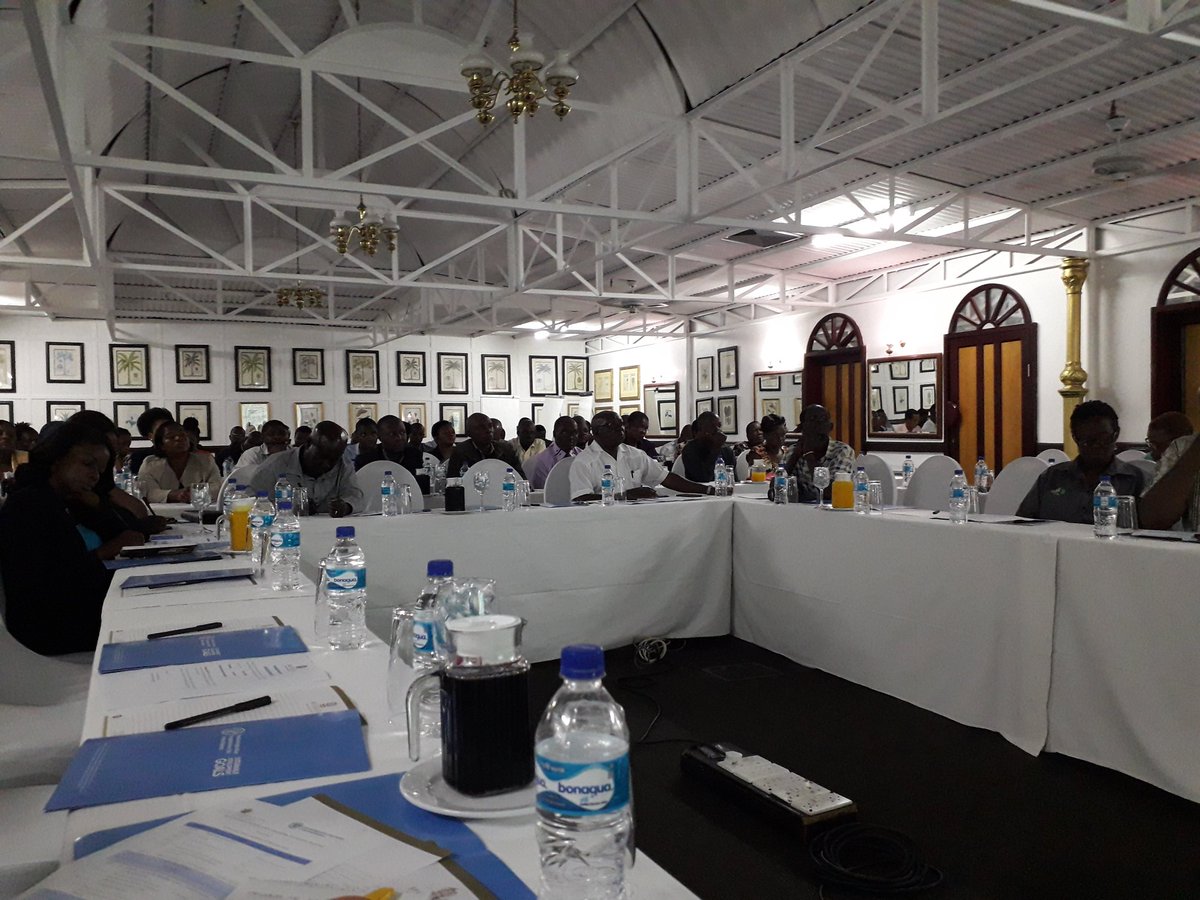The Food and Agriculture Organisation of the United Nations (FAO) has emphasised on the need to address Highly Hazardous Pesticides in Zimbabwe.
Speaking at the HHP workshop held in Harare on 13 December 2018, Gabriele Ranieri (Officer in Charge) FAO Subregional Office for Southern Africa, said the world over, countries are facing the challenge to double food production to meet the projected demand for a growing population.
“The challenge is made even more daunting by the combined effects of climate change and growing competition for land, water and energy. Zimbabwe is no exception, and as we are all aware, we are in the process of intensifying our agriculture to meet national demands for food and to increase agricultural exports. The incessant onslaughts by trans-boundary plant pests and animal diseases compound the matter.
“Agricultural intensification and efforts to combat pests and diseases could lead to increased reliance on external inputs such as pesticides as well as exploitation of natural resources. We recently witnessed this following the Fall Army worm invasion when farmers resorted to heavy pesticide use in a bid to save their crops. Our efforts should therefore be directed towards increasing food production while conserving and enhancing natural resources on which that production depends. Healthy ecosystems produce more, prevent or maintain pests and diseases at acceptable levels and are more resilient to shocks,” Ranieri said.
In that regard, countries are under pressure to change pest management practices to more sustainable approaches with reduced reliance on pesticides, and to strengthen regulatory control on the distribution and use of pesticides to reduce risk of harm to people and the environment.
The FAO officer said such a situation requires effective national pesticide management capacities.
Ranieri said an efficiently regulated and managed pesticide registration scheme is a prerequisite for ensuring that pesticides used in the country are useful for controlling pests and would not cause adverse effects to humans and the environment.
The Government of Zimbabwe acknowledges the need to strengthen the national pest and pesticide management capacities across the pesticide life cycle.
Banned, unregistered or counterfeit products are widely available in Zimbabwe as well as in neighbouring countries.
“We note with concern that a significant percentage of all registered pesticide products belong to World Health Organisation (WHO) toxicity class Ia. (extremely hazardous), Ib. (highly hazardous) or II. (moderately hazardous).
Users in their efforts to control public health and agricultural pests often use highly toxic pesticides while employing suboptimal application techniques and with no Personal Protective Equipment (PPE) at all, resulting in unacceptable risks to health and the environment. Widespread overuse, misuse, mishandling and mismanagement of pesticides are all too common throughout the country. “
This workshop focused on Highly Hazardous Pesticides (HHPs). These are simply defined as pesticides that present particularly high levels of acute or chronic hazards to human health or the environment under conditions of use.
The meeting also focused on the national action plan to reduce risks from HHPs and sound pesticide management in general.
“To further develop an efficient, competitive and sustainable agricultural sector in Zimbabwe, possible adverse effects of pesticide use have to be minimized. Export agriculture in particular, depends on maintaining strict standards (and a good image) concerning pesticide use, food safety, food quality and sustainability of production.
“Sound pesticide management is key to achieving sustainable agriculture and meeting our Sustainable Development Goals (SDGs) as a nation,” Ranieri added.
Zimbabwe is also party to several Multilateral Environmental Agreements including the Basel, Rotterdam and Stockholm Conventions as well as the Montreal Protocol. Addressing HHPs will strengthen Zimbabwe’s capacity to implement these key Conventions and contribute to sustainable development.
FAO has for over 3 decades assisted governments, the private sector and others manage pesticides better through international standards and guidelines, legislation reviews, projects for sound life cycle management of pesticides and more recently phasing out Highly Hazardous Pesticides as well as provision of various pesticide management tools.
The workshop was one of several interventions within the framework of FAO’s technical and financial support in response to specific requests from the Government of Zimbabwe.
FAO is committed to the success of all these interventions, and promised to strengthen the requisite attention to ensure achievement of the set results which are in line with the Government of Zimbabwe and FAO Country Programme Framework 2016-2020 and which also contribute to the achievement FAO’s Strategic Objectives, mainly that of “Increasing and improving provision of goods and services from agriculture, forestry and fisheries in a sustainable manner”.






